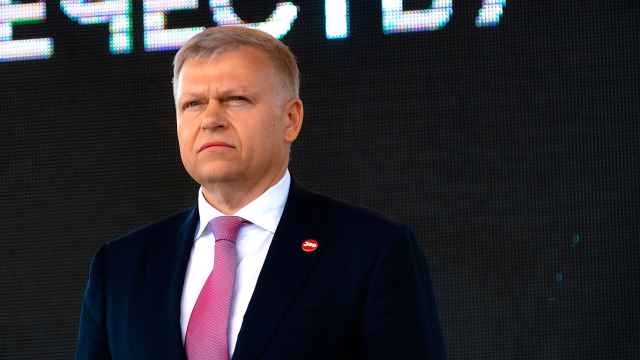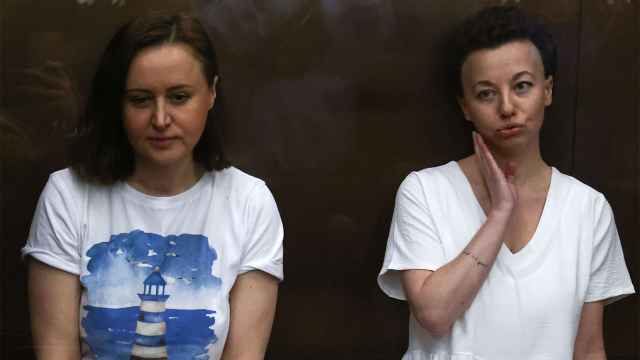 Boris Kagarlitsky
Boris KagarlitskyIt has finally happened: the economic course originally instituted by Yegor Gaidar is now playing out. The methodical dismantling of the remnants of the welfare state, the new wave of privatization, the refusal to create new jobs and the resulting rise in unemployment — these are the program that our wise government officials that will pull Russia out of the economic crisis.
Ever since the late 1980s, even Soviet leaders were convinced of the invincible power of the free market. But after the default of 1998, an enlightenment of sorts took place that prompted officials to temper their faith in the market with social policy and to stimulate demand and the domestic market. The result was a fairly satisfactory compromise between free-market liberals and pragmatic bureaucrats. These two camps balanced each other out, creating — if not optimal — at least bearable conditions for Russia's economic development.
President Vladimir Putin was at once the personification of that compromise and its guarantor. In the eyes of most Russians, Putin was not so much the upholder of the Constitution as the one person that could unquestionably guarantee stability and ensure that the "wild '90s" would never return. But the moment after the 2012 elections were over, senior officials wasted no time in implementing the very type of liberal policy that they had told citizens to fear.
The agreement on accession to the World Trade Organization was ratified, causing an immediate impact on Russian industry and agriculture. At the same time, a new large-scale privatization plan was introduced and "education reforms" received new impetus, leading to the widespread merging of colleges and institutes, teacher layoffs and school closures. Even more disastrous reforms to healthcare were implemented.
It did not take long for the results of this approach to begin appearing. Industrial production dropped and the economy fell into a stagnation that government officials have delicately referred to as a "pause in growth." Businesses have no orders for their products and single-industry towns have no future.
However, Prime Minister Dmitry Medvedev and his entourage are not the least bit concerned about any of this. On the contrary, they sermonize and censure their fellow citizens, arguing that it is not the government that must change its policy, but the people who should adapt to the rapidly deteriorating conditions caused by that same policy. Of course, everyone immediately understands that the reforms they speak of will be painful, but only later does it become clear that they were wholly unnecessary.
As mass layoffs begin, government officials urge citizens to resign themselves to high unemployment and argue that full employment is actually harmful to the economy. While citing the experience in Europe to justify their position, they make no mention of the fact that Russian social benefits are far lower than those in the West.
Where is the opposition in all of this? Where are the angry words of the whistleblowers? Where are the corruption fighters and defenders of democracy? Leaders of the liberal camp are either silent, like Alexei Navalny, or openly support government initiatives, like writer Dmitry Bykov. As for the communists, they do nothing more than stand by, incoherently mumbling something to themselves. Apparently, almost everyone is unhappy with the situation, and yet nobody protests.
Despite the seeming calm, the authorities' willingness to repeatedly test the patience of the Russian people is a bad idea. One day, that approach might backfire. And when that happens, it will not be ordinary Russians, but ministers who will have to hastily change their jobs and places of residence.
Boris Kagarlitsky is the director of the Institute of Globalization Studies.





